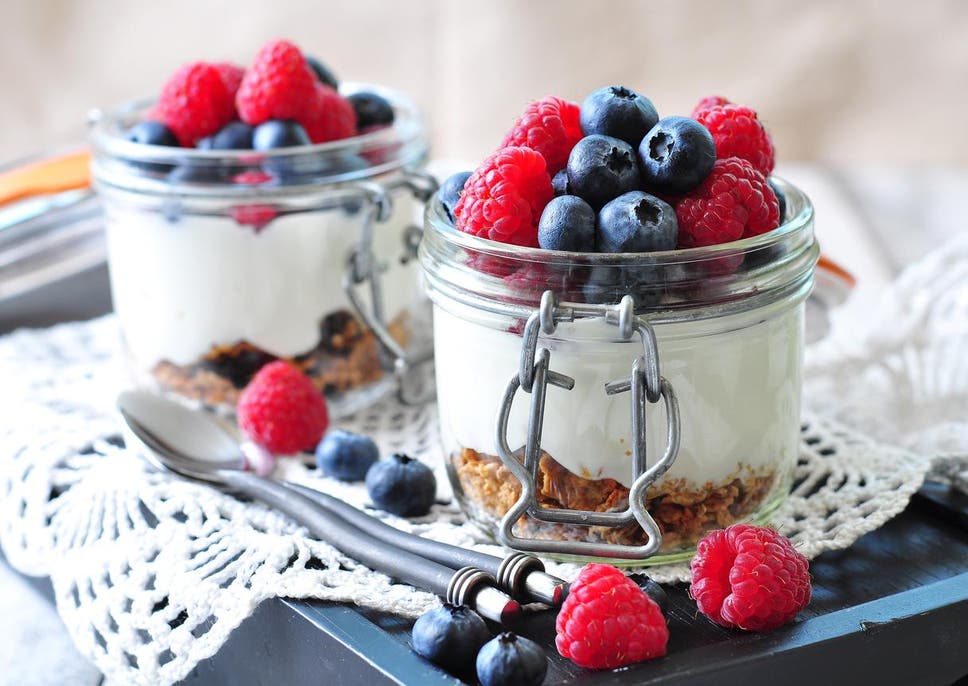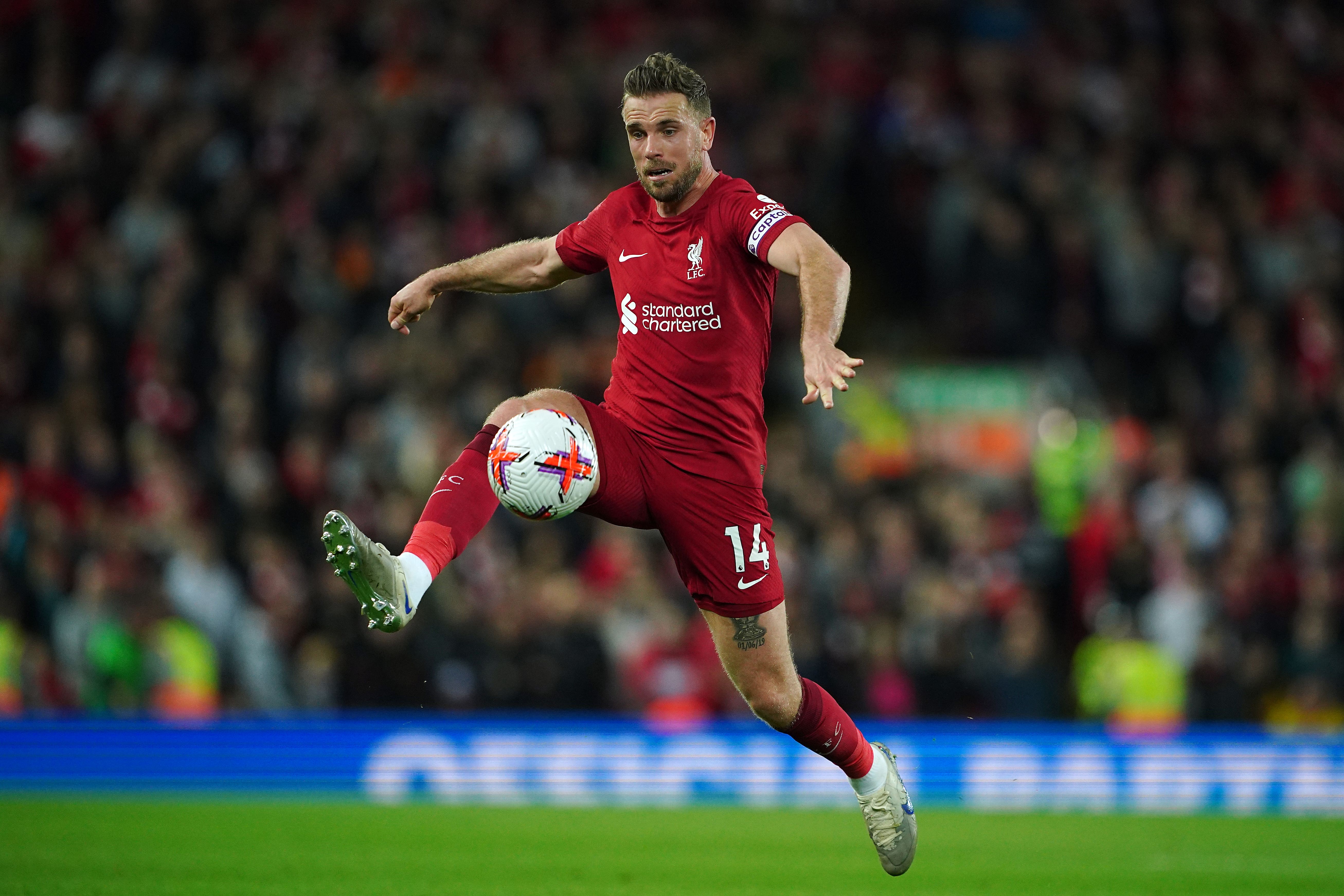
A well-balanced football players’ diet is essential for peak performance on the pitch. Football — also known as soccer — is a demanding sport that combines endurance, explosive movements, and strength. To meet these physical demands, footballers need significantly more energy than the average person.
In fact, a competitive football player may require up to three times more daily calories than someone with a moderate activity level. These calories should come from nutrient-rich foods that support muscle recovery, stamina, and focus.
For players looking to lose weight and improve performance, combining smarter food choices with structured meal planning can yield noticeable results. With consistency, a footballer can lose 2 to 4 pounds in two weeks without sacrificing strength or energy levels — boosting both fitness and gameplay.
🥗 Football Players’ Diet: 2-Week Guide for Fueling Performance & Fat Loss
A well-structured football players’ diet is essential not just for energy on the pitch but also for muscle recovery, body composition, and peak performance. Whether you’re preparing for an upcoming match or helping your team get into shape, this 14-day plan will help guide your nutrition choices to optimize results.
⚖️ Two-Week Diet Guidelines for Footballers
There’s no official two-week diet plan designed exclusively for footballers, but with proper planning, you can significantly improve performance and body composition in just 14 days. Start by:
- Focusing on whole, nutrient-rich foods
- Eating in line with your training load and activity level
- Keeping meal timing consistent throughout the day
🥦 Choose Nutrient-Dense Foods
Your meals should be built around lean proteins, complex carbohydrates, and healthy fats. These macronutrients fuel your training and aid in recovery:
- Carbohydrates: brown rice, quinoa, oats, fruits, vegetables, and whole grain bread fuel endurance
- Proteins: chicken, turkey, fish, eggs, tofu — vital for muscle growth and repair
- Healthy fats: avocados, olive oil, nuts, and seeds support joint health and hormone production
A solid macronutrient breakdown for footballers is:
- 45–50% carbohydrates
- 30–35% protein
- 15–20% healthy fats
💡 Tip: If you experience fatigue during matches, increase your carbohydrate intake 1–2 days prior to competition. Low glycogen levels are a leading cause of muscle fatigue in football.
🔥 Eat Based on Activity Level
A tailored football players’ diet plan should align with your training intensity and metabolic needs. For example:
- If you burn 1,000 calories during training and 2,000 through daily metabolism, you’ll need at least 2,500–3,000 calories daily
- Undereating can result in fatigue, slower recovery, and muscle loss
✅ Best practice: Eat at least 500 calories more than your basal metabolic needs when training hard — adjust based on your weight goals and energy levels.
⏰ Meal Timing & Frequency
For consistent energy, recovery, and metabolism, keep meals evenly spaced:
- 3 main meals (breakfast, lunch, dinner)
- 2–3 small snacks (protein shakes, fruit, nuts)
- Pre-match: increase carbohydrates
- Post-match: focus on protein + antioxidant-rich foods
According to football nutrition specialists, structured meal timing helps regulate your body’s internal clock, improving nutrient absorption and fat metabolism.
🏆 Match Day Football Players’ Diet Plan
What you eat on match day has a direct effect on your performance — and your recovery.
🍳 Breakfast (3–4 hours before kick-off)
Choose light, low-GI meals that provide lasting energy:
- Quinoa or oat porridge with semi-skimmed milk and fruit
- Scrambled eggs in a wholemeal wrap or on rye bread
- A banana with a protein shake (if appetite is low)
🚫 Avoid: Heavy, high-fiber meals that may cause bloating
🥗 Lunch (if playing later in the day)
For 3PM kick-offs, opt for a light and digestible meal:
- Whole wheat pasta or brown rice
- Steamed vegetables (carrots, greens, peppers)
- Lean protein (grilled chicken or fish)
- Hydrate: Drink plenty of water before match time
💧 Pre-Match Fuel
- Drink water or a diluted fruit juice (50% juice, 50% water, pinch of salt)
- Small snacks like a banana or carbohydrate gel are great 30–60 minutes pre-game
🍊 Half-Time Boost
- Carbohydrate gels or small sips of electrolyte drinks
- Fruit juice with added salt can help replenish electrolytes
🥤 Post-Match Recovery
Right after the match, focus on muscle repair and glycogen replenishment:
- Recovery shake with protein and carbs (e.g., milk + fruit or protein powder)
- Light meal with antioxidants: salmon, berries, spinach
🍽️ Evening Meal (After Match or Training)
Dinner should balance protein, carbs, and healthy fats to complete your recovery:
- Grilled salmon or turkey with brown rice and veggies
- Sushi (great for protein + omega-3)
- Chilli con carne with lean beef and kidney beans
🌱 Pre-Match Meal Ideas for Vegetarians and Vegans
A football players’ diet can easily be adapted for plant-based athletes. Here are five energy-packed meal ideas:
- Quinoa & black bean salad with mixed veggies
- Tofu stir-fry with brown rice and broccoli
- Lentil soup with whole-grain bread
- Chickpea curry with quinoa or couscous
- Vegan smoothie with almond milk, berries, and plant protein
📌 Final Thoughts
A successful football players’ diet is about more than just food — it’s about timing, quality, and personalization. By following these two-week guidelines, you’ll increase energy levels, support muscle recovery, and improve match-day performance.
Stick to the plan, listen to your body, and adjust based on training loads. Nutrition is your secret weapon on and off the pitch.








